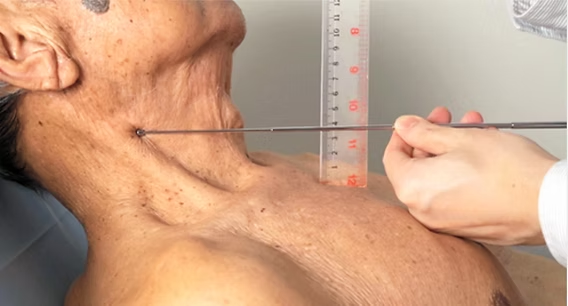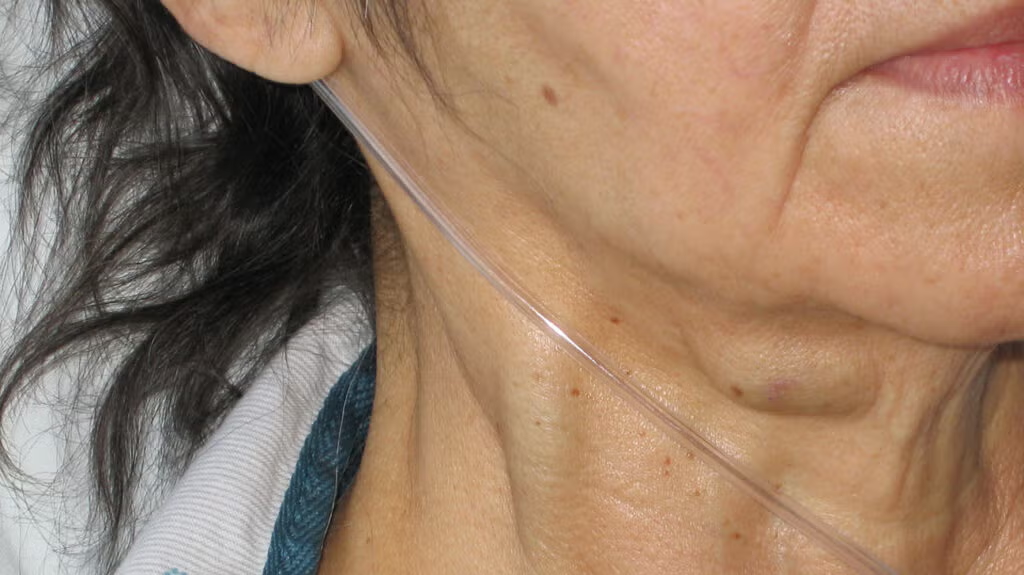Jugular vein distention refers to the visible bulging of the large veins in your neck. While it isn’t painful, it often signals serious heart or circulatory issues, including heart failure. Though not a condition itself, it can be associated with potentially dangerous underlying causes.
What is jugular vein distention?
Jugular vein distention (JVD) is observed during a physical examination when the jugular vein in the neck appears swollen or raised. If this bulging is persistent, it can indicate severe or even life-threatening problems related to the heart or circulation.

What leads to jugular vein distention?
Several cardiovascular issues can raise central venous pressure (CVP), resulting in JVD. These include:
- Right-sided heart failure: When the right side of the heart struggles to pump blood properly, it can lead to fluid buildup and vein swelling.
- Pulmonary hypertension: Increased blood pressure in the vessels linking the lungs and heart may cause the jugular vein to expand.
- Constrictive pericarditis: Inflammation or infection of the pericardium (the heart’s protective sac) can lead to scarring, which limits the heart’s ability to fill with blood and causes backup in the veins.
- Superior vena cava obstruction: A blockage in the superior vena cava — often due to a tumor or clot — can result in JVD, though this condition is rare.
- Tricuspid valve stenosis: This occurs when the tricuspid valve becomes too narrow, impeding normal blood flow within the heart.
- Cardiac tamponade: A critical condition in which fluid builds up around the heart, compressing it and restricting proper blood circulation.
Pages: 1 2


